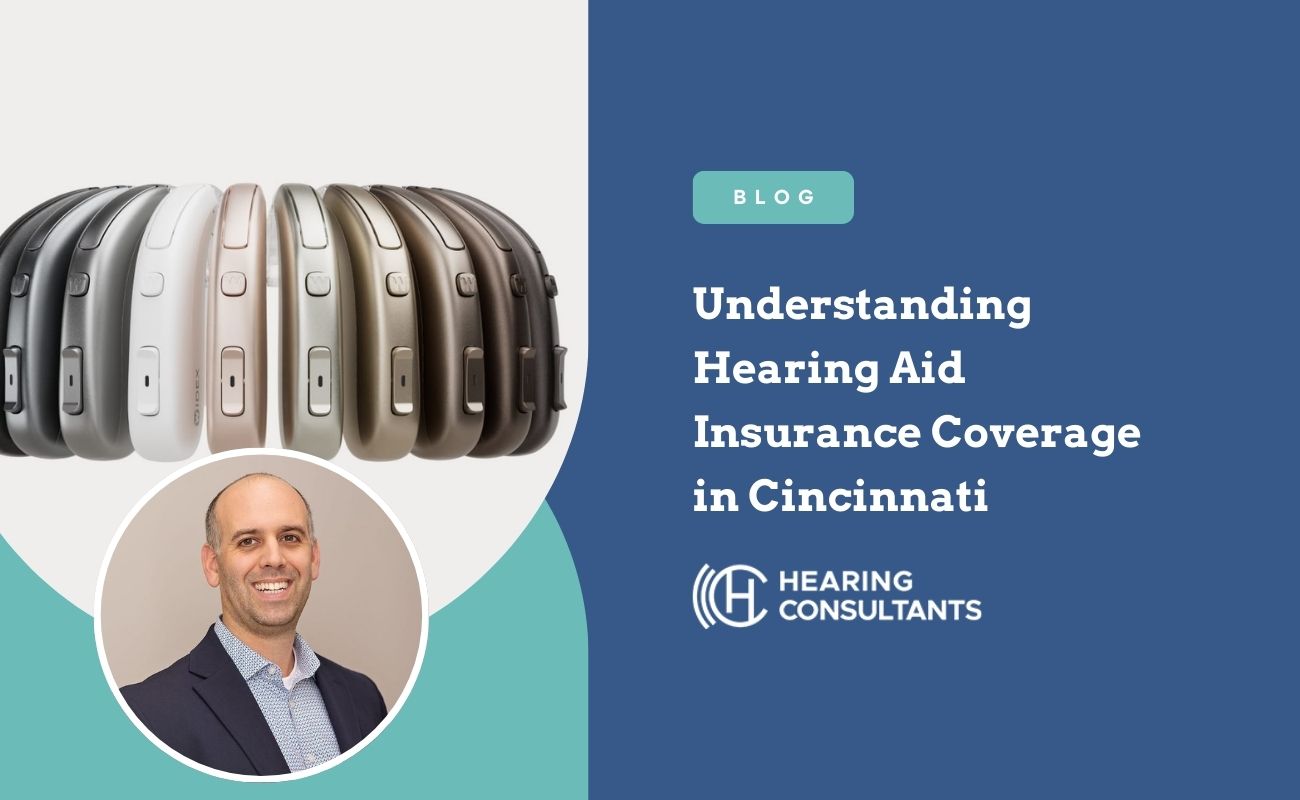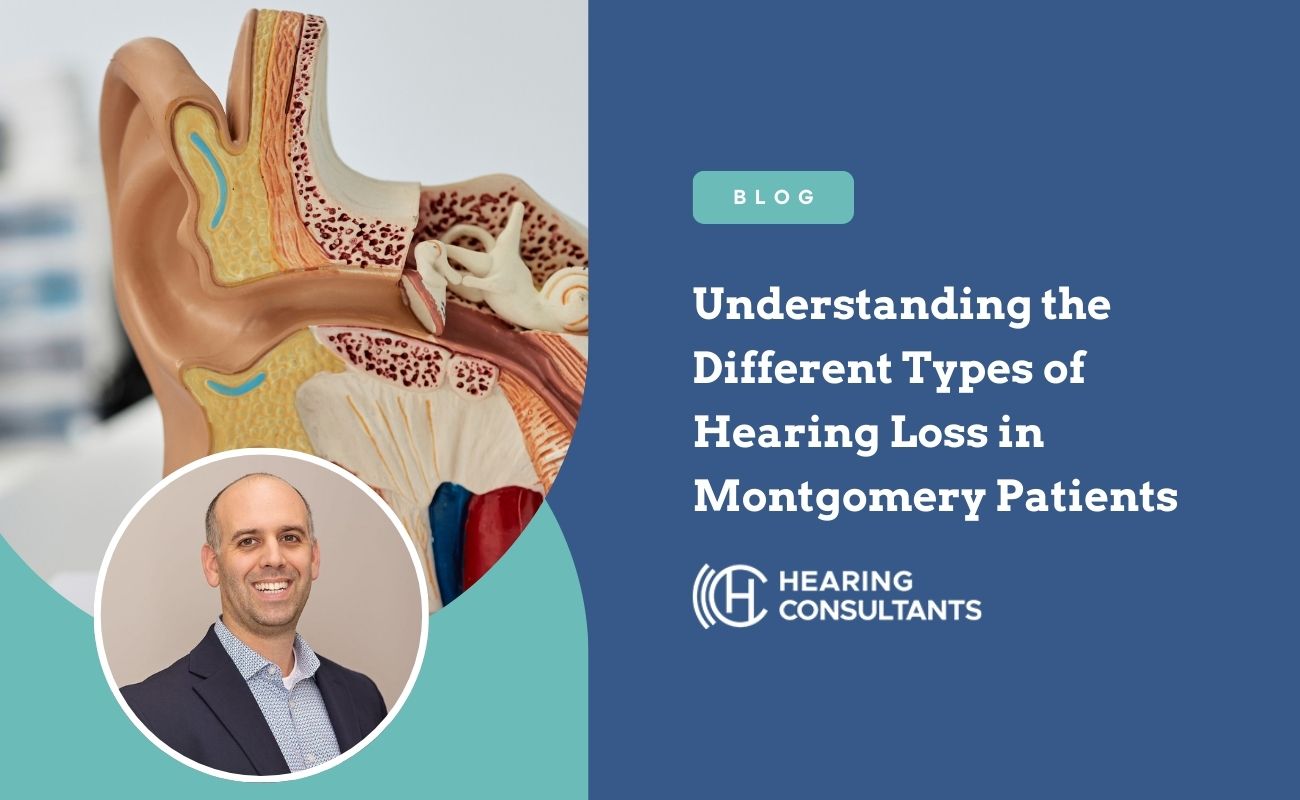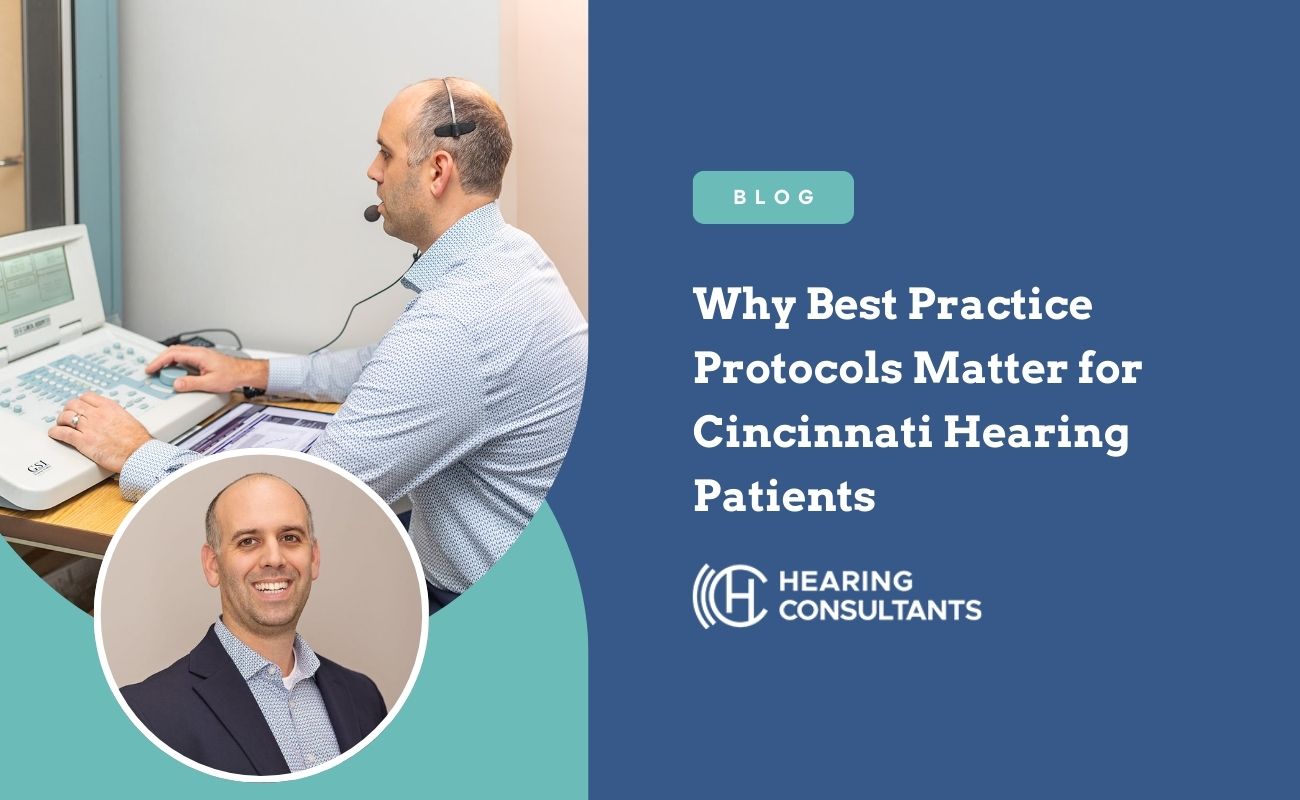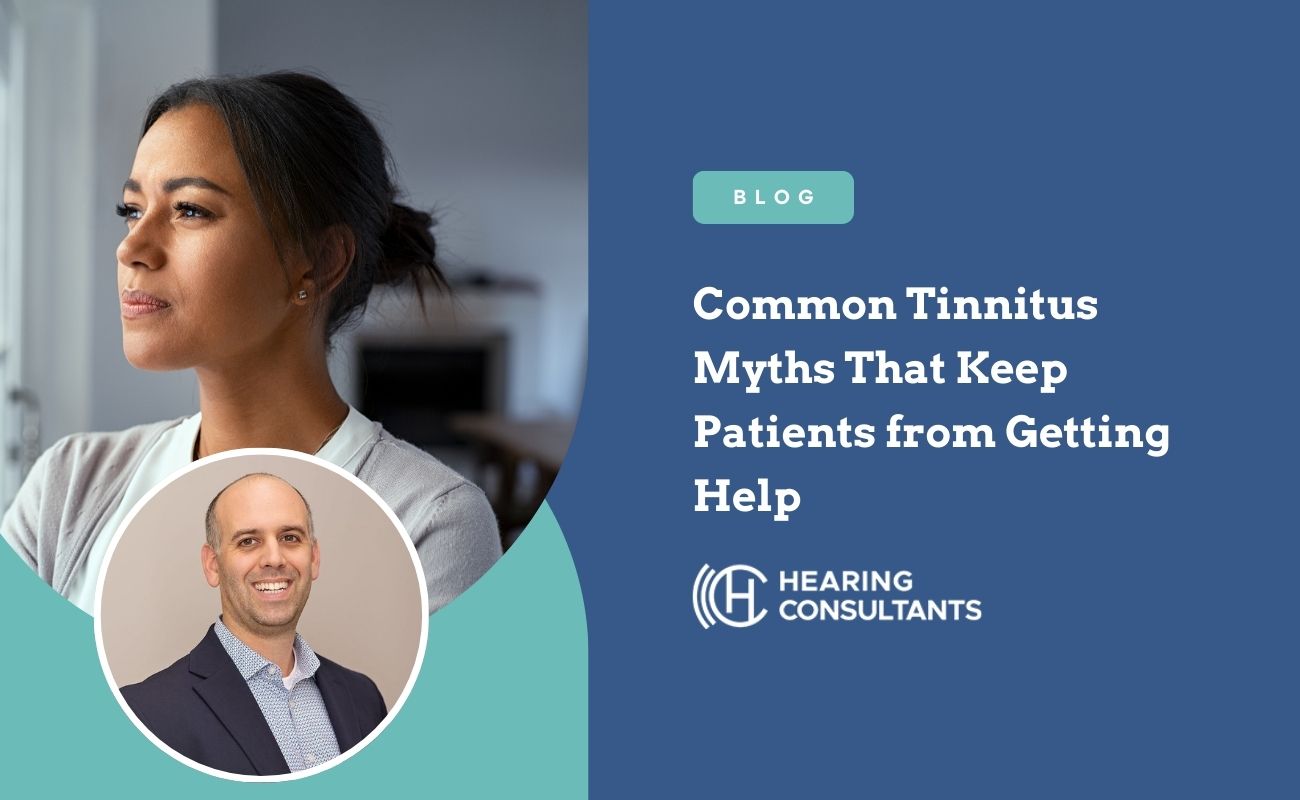Monitoring Your Daily Exposure to Noise
Living in the world means that you take certain daily measures to protect your health. Sometimes, those acts are to protect against immediate danger, which means looking both ways before you cross the street, wearing a seatbelt, or extinguishing candles before going to bed. We also incur habits to protect our long-term health. Taking our vitamins daily, wearing sunscreen, or maintaining an ongoing movement practice like yoga or tennis.
However, so many of us have gotten the message about investing in our longevity and yet don’t pay attention to the sounds we expose our hearing to. Over time, exposure to excessive noise can increase the risks of future hearing loss.
How Hearing Works
Our ears, the visible external shell, get a lot of attention when it comes to hearing. But so much of what we consider hearing happens once noise from the world has crossed the threshold into our ears. There, it reaches the important and hardworking hair cells of the inner ear. These cells turn noise into sound information, electrical signals, and transmit them to the brain via the auditory nerve. In our brain’s processing centers, we make meaning of sound. It’s an instantaneous and unconscious process, and necessarily so. It means we can jump out of the way if we hear danger approaching.
But those inner ear cells, fundamental to our sense of hearing, are also delicate and non-regenerative. That means that they can become damaged and will neither repair themselves nor make new ones once they begin to decay.
How Noise Impacts Hearing
These cells are harmed due to two major factors: the natural aging process, which is classified as age-related hearing loss, and exposure to excessive noise, what we call noise-induced hearing loss. Many people who develop hearing loss later in life have a mixture of the two types of damage. When we lose access to these cells, through harm or decay, our hearing system decreases in its ability to collect all the sounds of the external world. Less sound reaches our brain’s processing centers. The experience is that of hearing loss.
Signs of Hearing Loss
Instead of an overall lowering of volume, as these cells die off we hear a narrower set of frequencies. Most often, we lose high-frequency sounds like children’s voices and birdsong first. Speech clarity becomes an issue, and you might find yourself asking your conversation partners to repeat themselves more often. Conversations themselves might become difficult and frustrating.
What Makes Noise Dangerous
Excessive volumes can harm our hearing all at once, such as in an explosion or accident. In these cases, we are usually able to immediately recognize the damage done. Excessive noise can also be much more insidious and damage our hearing slowly and over time with repetitive exposure. The results are subtle and ongoing, and self-diagnosis is difficult.
Daily Culprits of Excessive Noise
Although there are professions that carry a high risk of hearing loss, such as the military, factory work, and musicians, we expose ourselves to dangerously loud noise all the time. Medical experts agree that noises above 85 decibels -- the unit of measurement for sound -- can lead to hearing loss at durations of eight hours. When noise reaches 100 decibels, even 15 minutes of exposure will lead to immediate damage.
- Conversation - 60 decibels
- Traffic - 85 decibels
- Lawnmower - 90 decibels
- Hair dryer - 85-95 decibels
- Motorcycle - 96-100 decibels
- Earbuds - up to 110 decibels at maximum volume
- Rock Concert, Sporting Event - 120 decibels
How to Monitor Your Noise Exposure
Smartphones make monitoring noise exposure available to the average person. You can download apps on your phone that turns it into a sound measuring device. Decibel X or Sound Meter Pro are two options you can access easily.
You can monitor the volumes of your earbuds on any iPhone by checking the ‘Health App,’ where there is an option to view Volumes. If that’s not an option, try to keep your device volumes at half of the maximum and never above two-thirds.
Schedule a Hearing Consultation
If you think that excessive noise has played a role in your hearing difficulties, schedule a hearing exam today. Our highly trained team will lead you through the easy process of a hearing exam and guide you on the path to healthier hearing.
Get in touch with
Hearing Consultants
Contact our clinic to schedule an appointment today!







